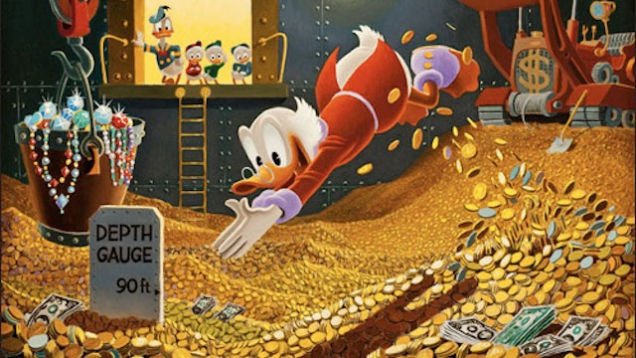A good friend of mine had money siphoned from his bank checking account over a period of perhaps 8 months and just discovered it this weekend. The bank says they will only reimburse him for what happened in the first 60 days (15% of the loss). He is leaving on a long international trip in 2 days and so is scrambling (and my own international flight leaves in 24 hours). He spent most of today (Monday) at the police station and documenting the losses in great detail on an affidavit.
The way the theft was done is that someone set up their bill pay from his checking account. It started small, what looked like a single car payment to a Capital One account. Then they started paying a couple of credit cards via Capital One. There may have been others, but these represent the bulk. The losses added up to around $35K over a period of around 8 months or so until he noticed. In fact, the perps are still probably not aware that the account has been closed, a payment to one of the credit card acccounts even went out Monday morning before he could close the account.
He runs a very successful business and was working 80 hour weeks for months and for the first time in his life was not perusing the monthly checking account statements. The account is over 20 years old so he has no original paperwork that he signed when he started it. He had purposely avoided putting the account online to reduce any chance of fraud. His credit reports look good, so this is not full on identity theft or anything.
So far his actions have been:
* Notify bank to close account and went in to talk with them
* Make police report including documentation of each transaction
* He is sort of waiting for the bank to deliver to him the first 60 days of losses before getting aggressive about being made whole for the remainder
* He has a lawyer for his business who already has power of attorney so he can handle stuff when he is traveling -- but the lawyer is clueless about this kind of crime
* He has asked the bank to get as much information as they can about the destination accounts where the money went
What else should he do? Should he freeze his credit bureau accounts to prevent any access to his credit records?
So can anyone start taking money out of your checking account and the only thing really stopping this is the customer looking over their statements? What sort of controls are normal for a bank? Does he have recourse here?
The way the theft was done is that someone set up their bill pay from his checking account. It started small, what looked like a single car payment to a Capital One account. Then they started paying a couple of credit cards via Capital One. There may have been others, but these represent the bulk. The losses added up to around $35K over a period of around 8 months or so until he noticed. In fact, the perps are still probably not aware that the account has been closed, a payment to one of the credit card acccounts even went out Monday morning before he could close the account.
He runs a very successful business and was working 80 hour weeks for months and for the first time in his life was not perusing the monthly checking account statements. The account is over 20 years old so he has no original paperwork that he signed when he started it. He had purposely avoided putting the account online to reduce any chance of fraud. His credit reports look good, so this is not full on identity theft or anything.
So far his actions have been:
* Notify bank to close account and went in to talk with them
* Make police report including documentation of each transaction
* He is sort of waiting for the bank to deliver to him the first 60 days of losses before getting aggressive about being made whole for the remainder
* He has a lawyer for his business who already has power of attorney so he can handle stuff when he is traveling -- but the lawyer is clueless about this kind of crime
* He has asked the bank to get as much information as they can about the destination accounts where the money went
What else should he do? Should he freeze his credit bureau accounts to prevent any access to his credit records?
So can anyone start taking money out of your checking account and the only thing really stopping this is the customer looking over their statements? What sort of controls are normal for a bank? Does he have recourse here?



